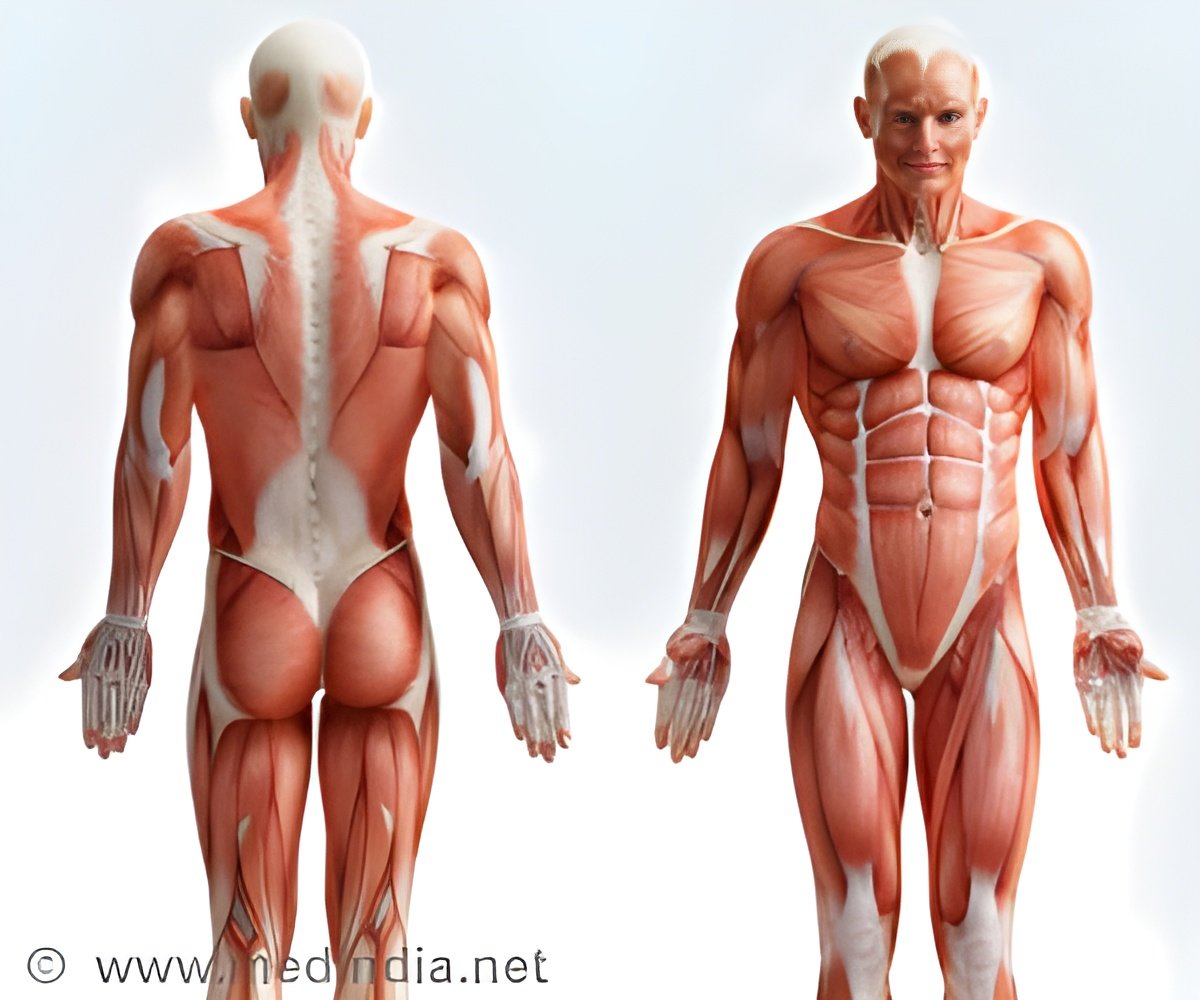There is no pharmacological treatment for muscle atrophy at present; so testing the enzyme may pave way for a possible treatment.

The research is a significant step in understanding the role played by this key enzyme involved in the degenerative effects of ageing.
During the research, the expression of this enzyme, responsible for activating the steroid hormone cortisol, was increased in the muscles of older females while no difference was seen in male participants.
The findings in 134 healthy volunteers showed that expression of the enzyme in skeletal muscles increased 2.72-fold in women aged over 60 years of age.
"As yet, we do not know why it appears to only occur in women. We are planning to look at whether hormones such as estrogens could be involved," said Zaki Hassan-Smith from the University of Birmingham.
At present, there is no pharmacological treatment for muscle atrophy but pharmaceutical companies are developing and testing inhibitors of this key enzyme with a focus on treatments for such conditions as diabetes.
Advertisement
Source-Medindia












